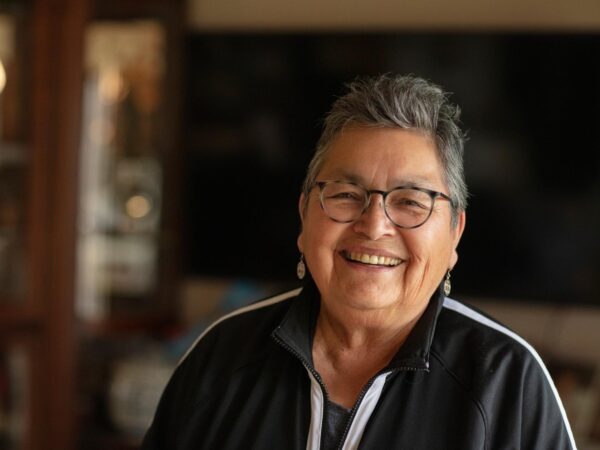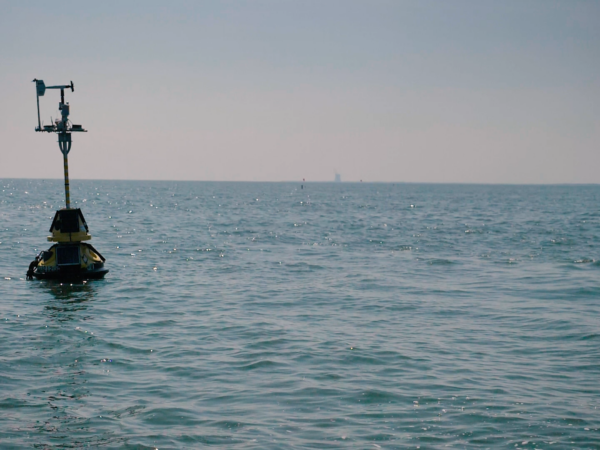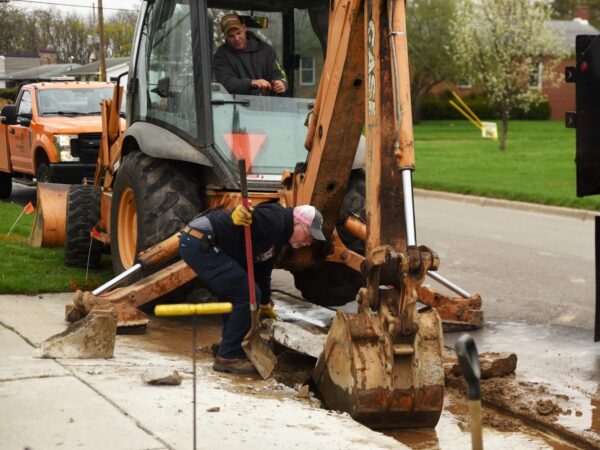
In December 2015, the Flint drinking water crisis that had been brewing for two years finally hit the national spotlight. Then Michigan Gov. Rick Snyder apologized to the citizens of Flint and accepted the resignation of his top executive at the Department of Environmental Quality, the agency with direct oversight of Flint’s drinking water issues. Shortly after, the U.S. Environmental Protection Agency used its authority to intervene in support of residents.
Flint’s crisis generated an abundance of outrage from most quarters, but mostly reticent responses from the powerful non-profit groups working on Great Lakes issues, including the National Wildlife Federation’s (NWF) office in Ann Arbor, 50 miles from the embattled city.
Since then, those groups that used the gravitas of their collaborative energy to secure billions of dollars of federal funding for Great Lakes restoration and protection have steadily moved to embrace environmental justice.
That change isn’t lost on Rebecca Meuninck, the new executive director of NWF’s Great Lakes Regional Center.
In a recent Great Lakes Now interview, Meuninck said that before joining NWF, she observed a change for the better in conservation groups when it comes to working with entities highly impacted by issues like lead poisoning. And that effort will continue under her leadership of NWF’s Ann Arbor office.
“I’m going to make sure that the work we do at the Great Lakes Regional Center has those priorities at the forefront,” she said. “That we’re putting community members first and are lifting their voices using our resources to highlight their priorities.”
Meuninck, who came to NWF from Ann Arbor’s Ecology Center, has been working on human health and environment issues for 20 years, including on Michigan’s Child Lead Exposure Elimination Commission. She holds a Ph.D. in Anthropology from Michigan State University, where she focused on gender, justice, and environmental change.
As the environmental justice spotlight shifted away from Flint, another drinking water crisis began brewing in the majority Black city of Benton Harbor. It hit the national spotlight in late 2021 and had all the earmarks of Flint, including a state agency that was slow to respond, followed by a U.S. EPA intervention.
Great Lakes Now asked Meuninck how the lessons of Flint could be so quickly forgotten.
She said that with the transition from Gov. Snyder to Gov. Gretchen Whitmer and the pandemic that followed, things like lead poisoning and lead in drinking water weren’t top of mind.
But now, Meuninck said, it’s important for groups like NWF to make sure lawmakers, the administration and public health departments are focused on environmental justice issues.
“We are the watchdogs. We have to keep the institutional memory of what’s happened,” Meuninck said. “We have to hold folks accountable in government if they’re not paying attention.”
For example, cleanup of decades-old toxic sediment that remains from the peak industrial era in the Detroit and Rouge rivers has lagged, and recently 61 groups and individuals, including NWF, called for Michigan to pick up the pace.
In a letter to Michigan Gov. Gretchen Whitmer and legislative leaders, the groups called on the state to provide necessary funding to bring federal money needed to accelerate the rivers’ cleanup.
Contaminated sediment in the rivers “poses major hurdles for community efforts to restore a relationship with these important natural resources,” the groups said.
NWF’s Great Lakes office is best known for being the de facto leader of regional collaborations that lobbied the federal and state governments to enact the Great Lakes Compact, the 2008 agreement designed to prevent diversions of Great Lakes water to arid regions of the country.
When the compact became law, potential diversions to the American West seemed unlikely. Since then though, drought has come to California, and water shortages to Arizona, and the Colorado River is in a crisis. Plus, there is talk about the U.S. needing a national water strategy which could put a spotlight again on the Great Lakes.
Asked if it’s time for Great Lakes environmental groups to prompt Great Lakes governors to update the compact or address its weaknesses, Meuninck said the compact has “good, foundational aspects” but declined to comment further given her brief tenure on the job.
The multi-billion dollar federal Great Lakes restoration program is another initiative where NWF was influential in securing its passage. Federal funding started in 2010.
The U.S. EPA is currently reviewing the program and Great Lakes Now asked Meuninck what NWF would like to see in the next version of the initiative.
Working with the Healing Our Waters coalition, Meuninck said they are looking to “expand the program to have more focus on climate resilience and making sure the communities that are most impacted by pollution and climate change are being reached by those programs and benefitting from them.”
In Michigan, Meuninck acknowledged that with a Democratic governor and majorities in both chambers of the legislature, the time is now to take up environmental issues that the previous Republican administration wouldn’t address.
She said NWF is engaged in Lansing and cited polluter accountability and PFAS legislation among the priorities.
Catch more news at Great Lakes Now:
Landmark Great Lakes coastal wetland program continues restoration drive that began in 2010
Illinois, feds grapple with agreement that would advance billion dollar plan to stop invasive carp
Featured image: Rebecca Meuninck (Photo Courtesy National Wildlife Federation Great Lakes Office)




